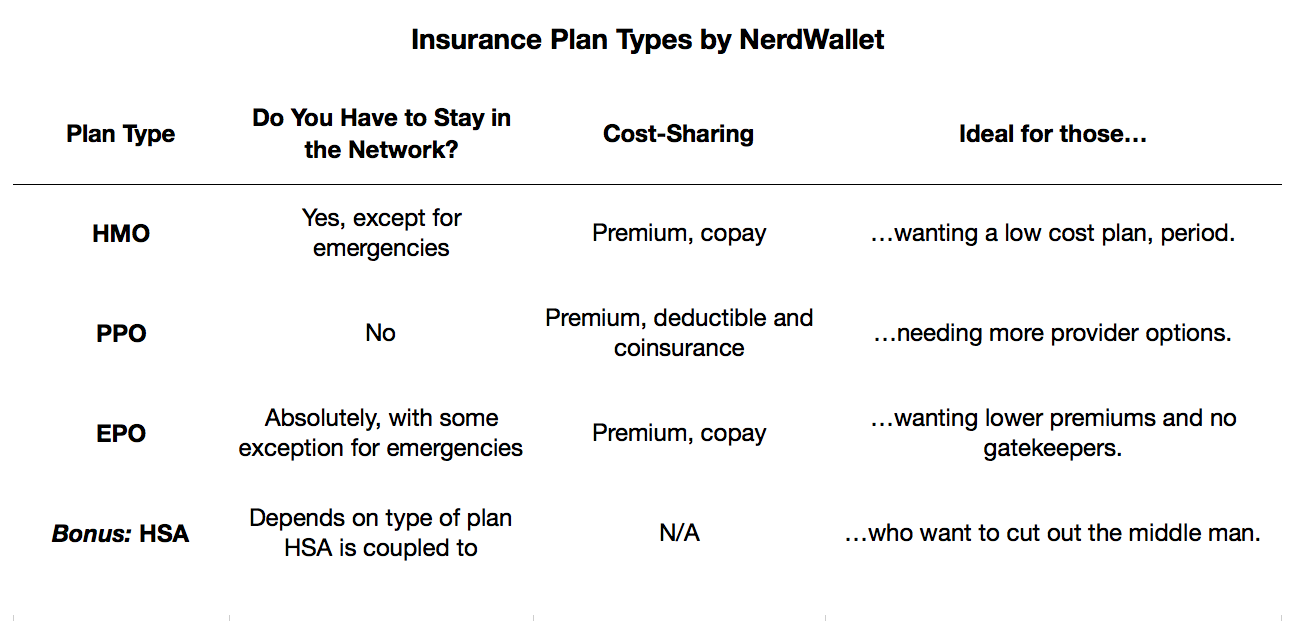The shared assistance that healthcare and economic development can provide has actually been highlighted extremely extensively by the results of UHC-oriented policies in Southeast Asia, from Japan to Singapore. The https://sordusb90c.doodlekit.com/blog/entry/10837655/fascination-about-what-are-health-care-services-that-cover-and-provide-to-individuals-with-disabilities complementary nature of health improvement and economic development is likewise illustrated in the relative experiences of different states within India. what is a single payer health care pros and cons?.
I was firmly told that this method could not possibly work, given that Kerala was, then, one of the poorest states in India. The thesis of unaffordability was, nevertheless, incorrectly argued for reasons already gone over - how does universal health care work. Regardless of its hardship, Kerala did handle to run a reliable UHC program that contributed greatly to its having, by some margin, the longest life span in India and the lowest rates of infant and child death, among its other health accomplishments.
After all, there are no impacts as strong in raising the performance of labour as health, education and ability formationa fundamental connection to which Adam Smith offered much attention. This has really occurred. In fact, the previously poor state of Kerala, with its universal health care and universal schooling, now has the greatest per capita earnings amongst all the states in India.


There is, hence, lots of proof that not only does universal healthcare powerfully enhance the health of people, its benefits go well beyond health. There is, certainly, a strong relationship between health and economic performance, and we have every reason to base public law on a proper understanding of the nature and reach of what is plainly a positive connection - what is required in the florida employee health care access act?.